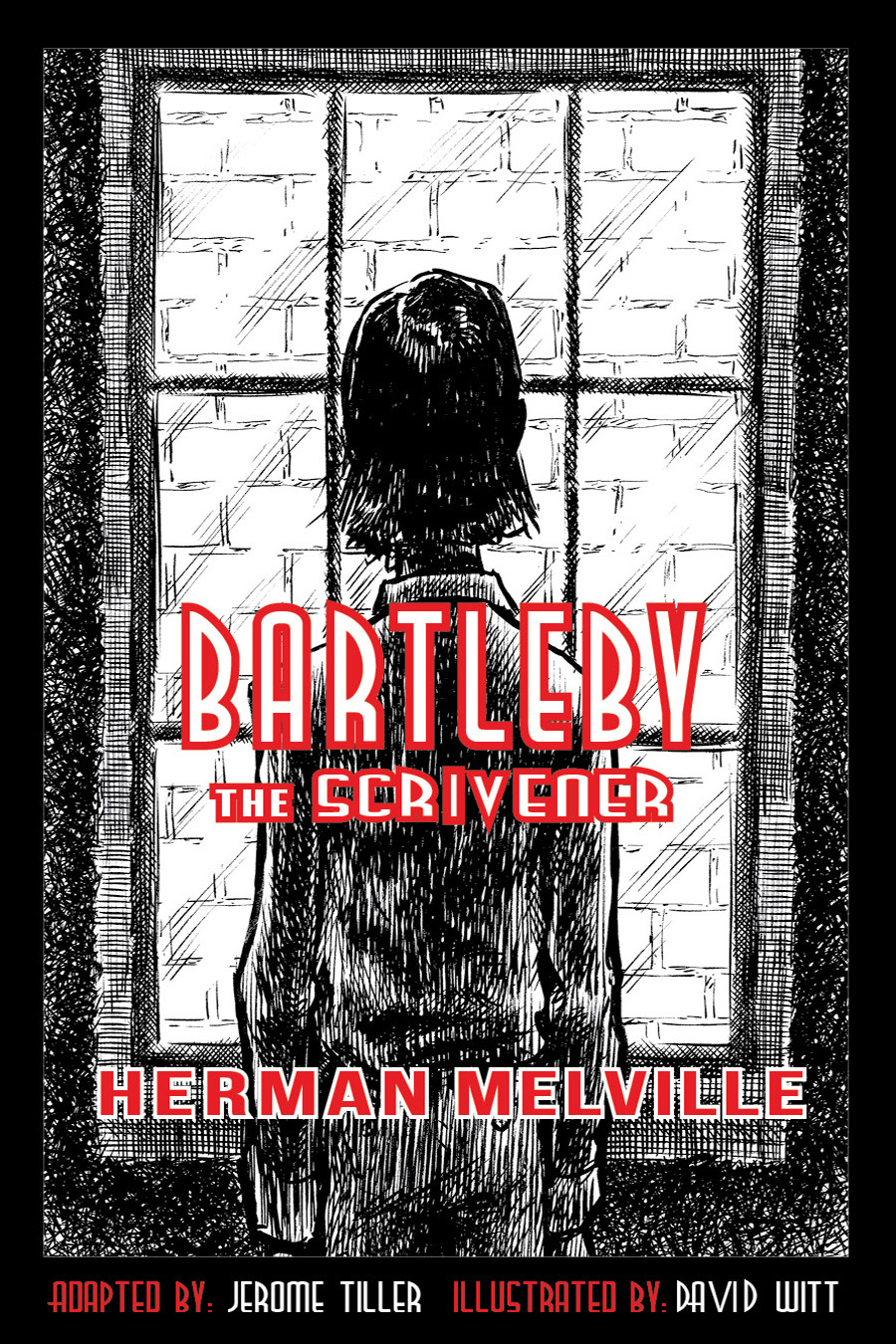Library Purchasing Decisions might seem Mysterious
Library purchasing decisions might seem mysterious, but they are not. Libraries simply seek to fulfill customer demand. And what creates that demand? Well, the public will always want to read books by or about celebrities. And good reviews, regardless of the author or subject, usually or sometimes create demand for books. Acquisition librarians try their best to solve the riddle of ‘usually’ or ‘sometimes’. Within the riddle lies most of the gamble that libraries take in trying to satisfy public demand. And there’s always publicity, whether purchased or otherwise. And of course, libraries will also purchase under-the-radar books if requested by multiple customers. It always works best for them if those few requesters represent demand by the many.
Still, for many publishers, library purchasing decisions can seem totally mysterious. Take, for instance, the following story about a science book that a tiny publisher developed for middle-grade readers. Before release, the book received praise from a wide-ranging group of nationally-recognized teachers. They acclaimed its accuracy and lauded the book as innovative, finding it to be a very entertaining approach for helping children learn about science and health.Terrific start, tiny publisher!
So, bolstered by that encouraging start, the publisher manufactures the book in library-bound hardcover, prints the teacher endorsements on a glossy, colorful sell-sheet (two-sided to contain them all), sends the book to prominent reviewers, mails sell-sheets to librarians across the nation, then waits for reviews and orders to arrive. Nada and oops! Something mysterious went wrong. The tiny publisher, inexperienced and unconnected, has no clue what it was or were. Still, the publisher instinctively knows this: passing time is no remedy here; time does not heal the harm caused by the botched release of a new book.Much time—many years—pass. The tiny publisher has learned a few things and now not only sells directly and but also through two book wholesalers that serve schools and libraries. The publisher establishes an imprint (Adapted Classics) and focuses efforts on that, but remembers that something good was still to be given and still to be had with that acclaimed science book for middle grade readers. The author/publisher revises and updates the book, publishes it in softcover (knowing that lifetime-guaranteed hardcover editions would be available through the wholesalers), and goes to town. The book wins an annual award, and nearly two. The Midwest Independent Publishers Association (MIPA) honors Sammy’s Day at the Fair: The Digestive System, featuring Gut Feelings and Reactions as 2019 Winner for Children’s Non-Fiction and 2019 Finalist for Children’s Fiction.
No stone will be left unturned this go-around. As before, the publisher sends out slick, two-sided sell-sheets to librarians across the nation. But in addition, this time the publisher advertises the book in Story Monsters Ink, a notable, on-line magazine circulated mainly to subscribing teachers and librarians everywhere. The ad announces that MIPA gave this unique book honors in two normally opposing categories in 2019: Children’s Non-Fiction (Winner) and Children’s Fiction (Finalist). And the advertisement the tiny publisher purchases was not just a small, one time only ad. Over the months, three quarter-page ads, two half-page ads, and one full-page ad of various designs were placed.
For many publishers (mainly tiny, I think), library purchasing decisions are mysterious. Despite the teacher endorsements, awards, and advertisements, this tiny publisher of the second edition of Sammy’s Day at the Fair has never yet sold one to a library — public, private, or school. Not directly, and not through wholesalers. Not even one. So, to offer an opinion, are the purchasing decisions that libraries make mysterious? At least on the level of practical experience for a tiny publisher, yes they are!
As publisher and author, and father of the illustrator, I’m very close to the book. So when it comes to the question of mystery, maybe it’s just me. But what about the MIPA contest judges (two sets)? And what about all those award-winning teachers? No, it can’t be just me. It’s a bona-fide mystery!


